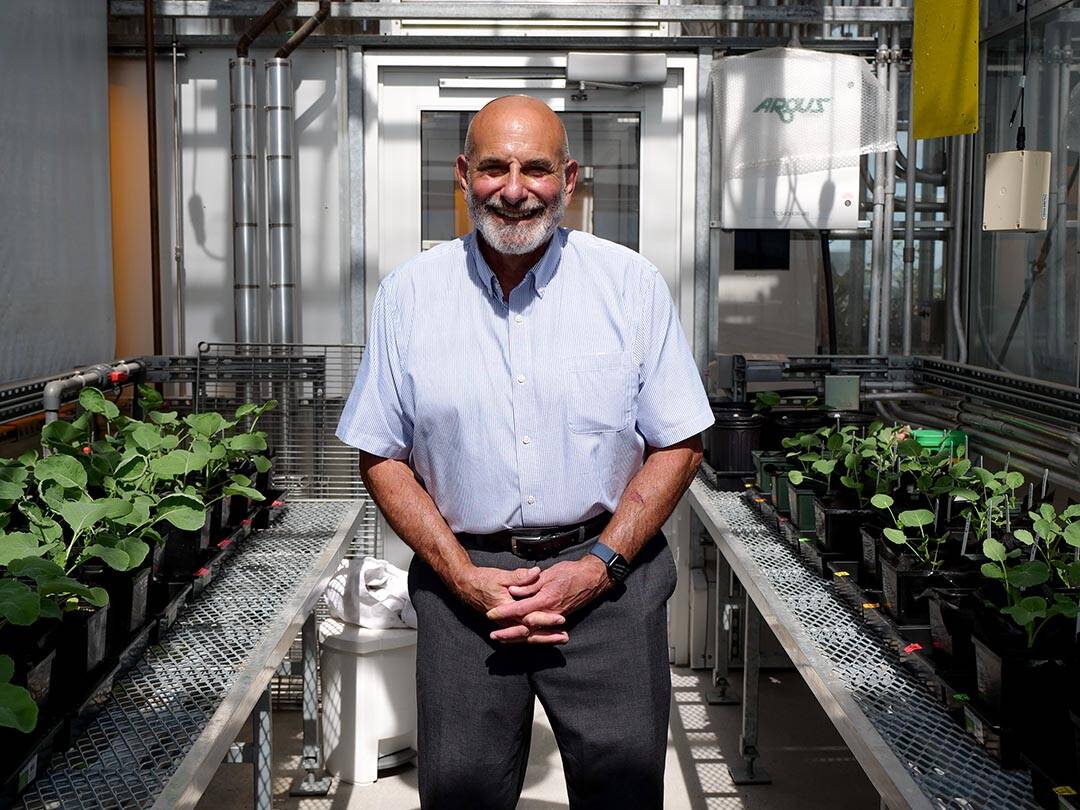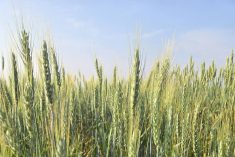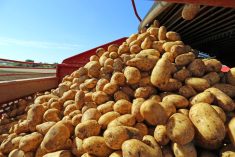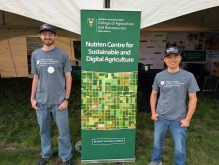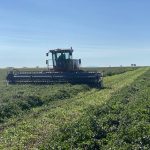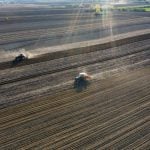A University of Saskatchewan plant biologist with a specialty in plant roots has been inducted into the prestigious Royal Society of Canada.
Leon Kochian is a professor of plant science in the university’s College of Agriculture and Bioresources. He also holds a research chair in in global food security.
Why it matters: Better understanding of how plant roots work can help to create plants that do more with less says plant biologist Leon Kochian.
Read Also

Budget 2025 includes trade focus, boost for agriculture risk management
The 2025 budget includes several investments relevant to the agriculture sector, including new trade corridors and financial supports for farmers
Kochian’s research includes a focus on how crops handle abiotic (non-living) stresses in the soil, like low water levels, mineral deficits, or toxic minerals, the University of Saskatchewan said in a Sept. 4 article. His lab is exploring how root architecture can improve plants’ ability to get water and nutrients.
“We’ve developed ways to image roots in the lab … We can actually image and quantify the three-dimensional root architecture, which turns out to be a very important genetic trait that plant breeders can take advantage of to further improve different crop species,” Kochian said in the article.
“Root biology is a hot research area now, as we better understand how root systems can be improved to enable the crop to do more with less — improving crop yields while using less water and fertilizer.”
For example, Kochian’s research showed that plant cultivars with larger root systems had higher phosphorus uptake in low-phosphorus soils and higher nitrogen uptake in low-nitrogen soils, according to a candidate profile from the Royal Society of Canada.
Kochian led a team of researchers to isolate a gene in sorghum responsible for greater aluminum tolerance. According to the profile, aluminum toxicity in acidic soils is a major problem in some developing countries and can reduce crop yields by nearly 70 per cent.
He is also recognized for research that identified plant genes for transport proteins that help absorb toxic metals. This discovery opened up possibilities to reduce heavy metal accumulation in edible plants and to develop plants that can clean up contaminated soil.
“Kochian has proven himself one of the world’s most influential scientists addressing food security,” the profile said. “His work has made monumental impacts on how growers and producers look at growing the food we eat.… His knowledge continues to flourish and create positive change.”


